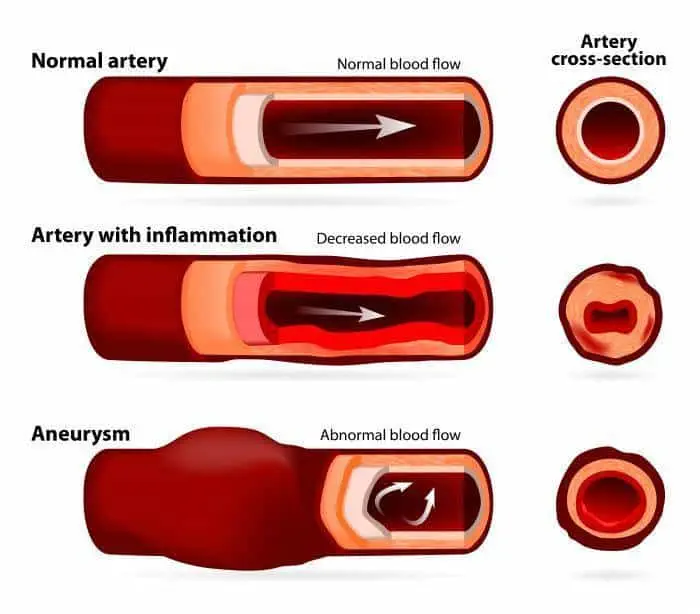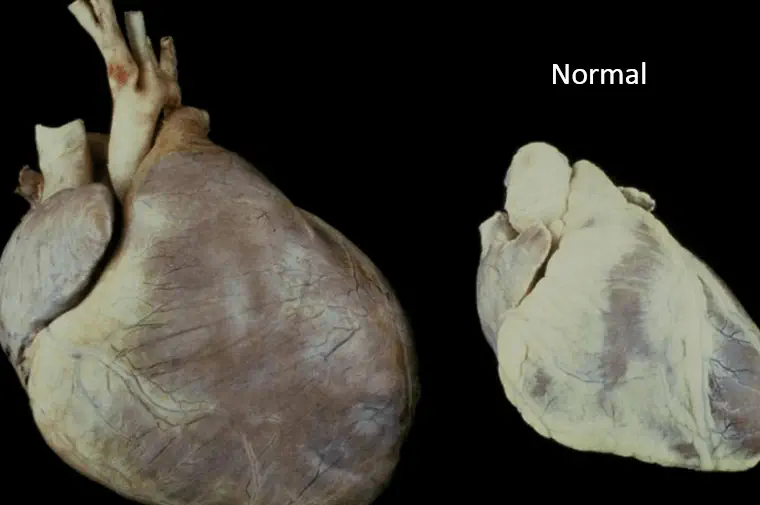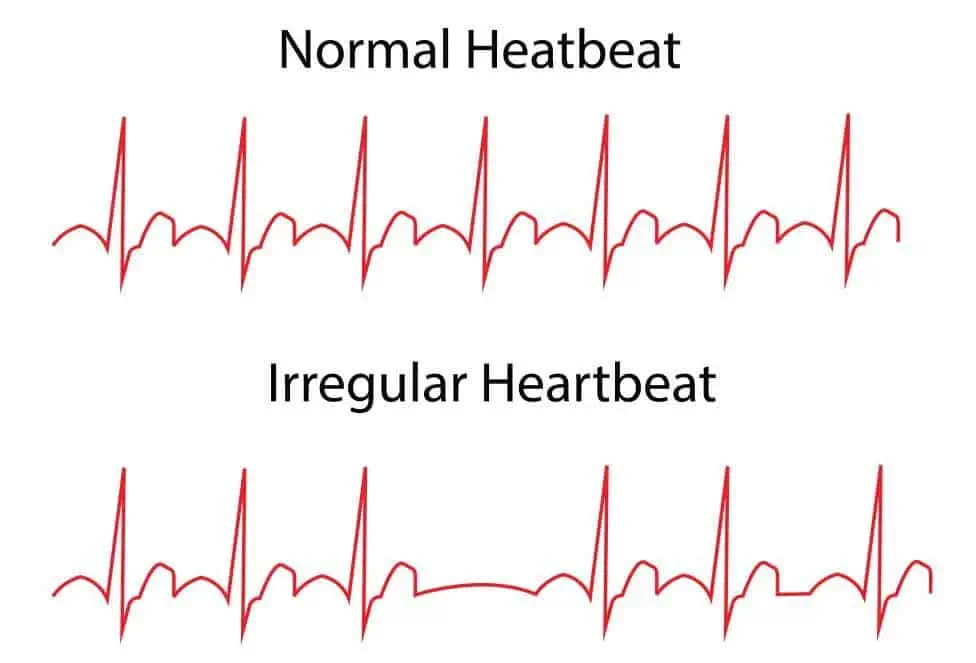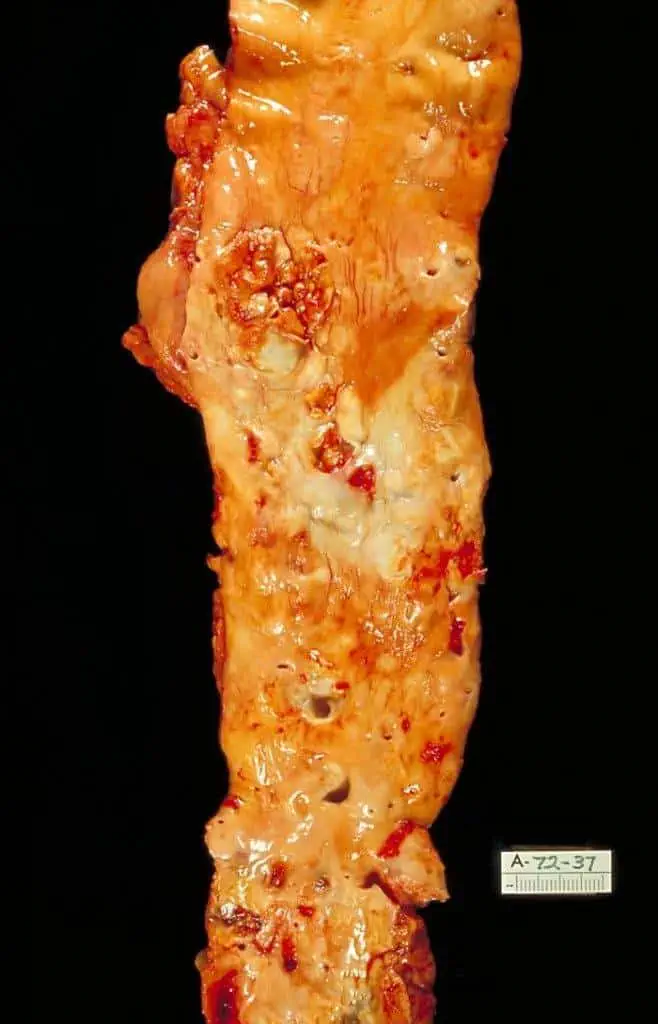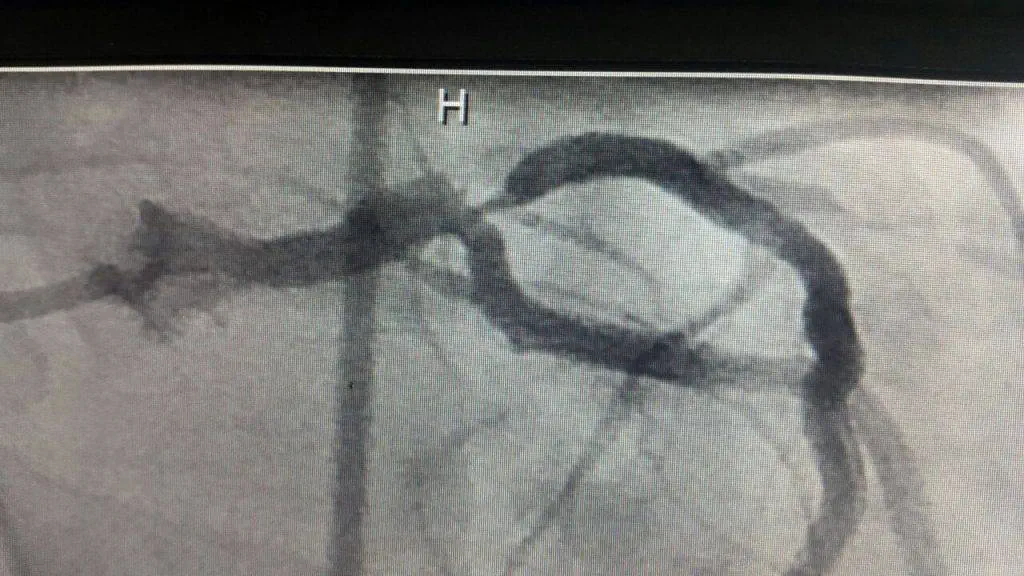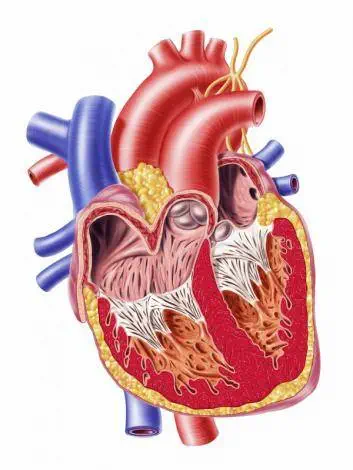Complications of heart disease
Complications of heart disease include:
Heart failure. On...
Cardiomyopathy is the thickening and stiffening of heart muscle. In early stages of cardio...
Serious congenital heart defects — defects you're born with — usually become evident soon ...
Travel precautions help people with heart disease.
Traveling to a faraway place doesn’t n...
A heart arrhythmia is an abnormal heartbeat. Your heart may beat too quickly, too slowly o...
Cardiovascular disease is caused by narrowed, blocked or stiffened blood vessels that prev...
Coronary computed tomography angiography (CCTA) uses an injection of iodine-rich contrast ...
Heart disease describes a range of conditions that affect your heart. Diseases under the h...

